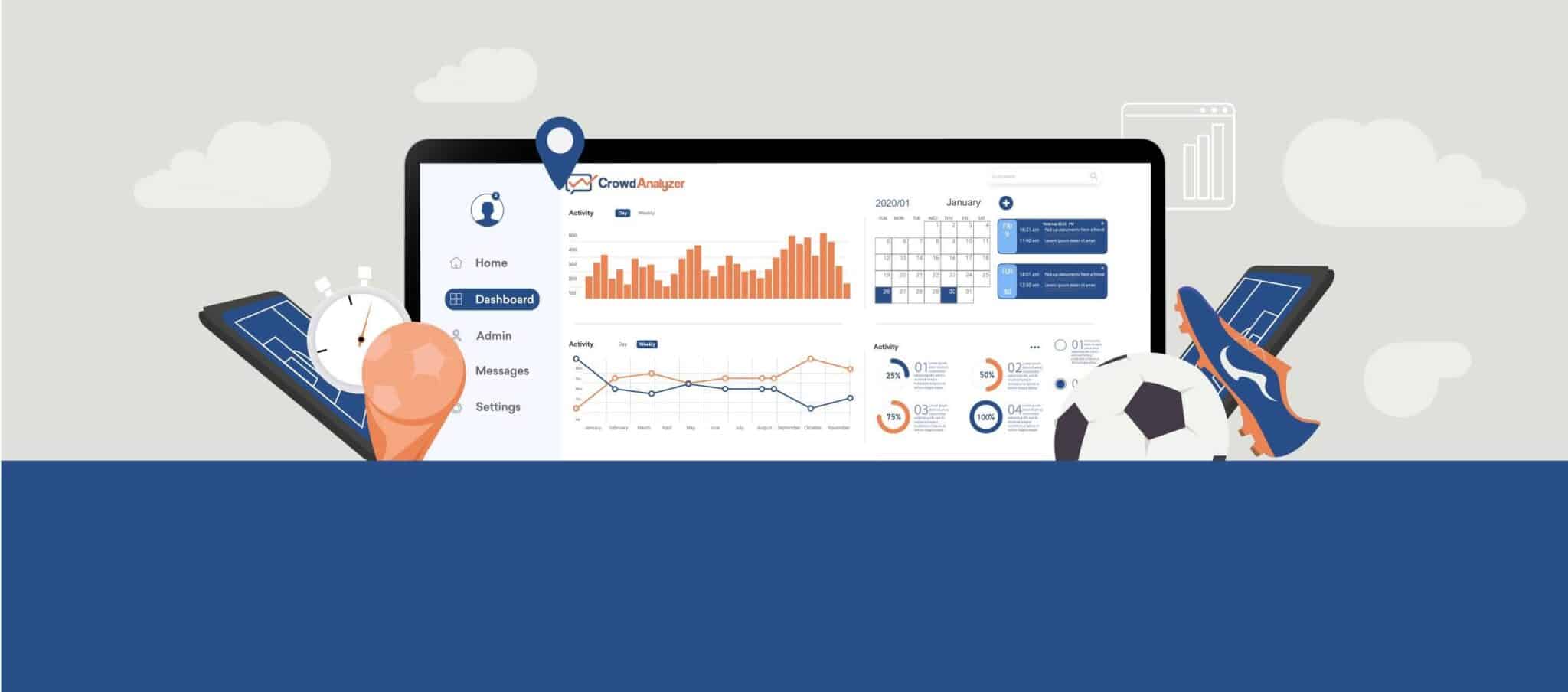In today’s digital landscape, the pulse of online conversation holds a wealth of insights that businesses cannot afford to ignore. Social listening; the process of monitoring digital conversations to understand what customers are saying about a brand and its industry, has emerged as a critical tool in the marketer’s toolkit.
90% of buyers rely on peer recommendations. Moreover, over 80% turn to users’ ratings for independent product reviews. This backdrop sets the stage for a discussion on the multifaceted benefits of social listening in the contemporary business environment.
Here are seven key use cases for social listening for businesses:

1. Market Exploration and Deeper Customer Insights
The digital realm is a goldmine of customer opinions, preferences, and trends. Social listening allows businesses to tap into these conversations, providing a lens through which market dynamics can be viewed more clearly.
By analyzing online discussions, companies can gain deep insights into customer needs, competitive landscapes, and emerging trends.
Jeff Melton, the Chief Strategy Officer at RF|Binder, emphasizes the unbiased nature of social listening, describing it as a “massive focus group” where genuine customer sentiments are aired without the constraints of traditional research settings.

2. Lead Generation and Sales Enhancement
Despite businesses contributing only 1.51% to brand-related online discussions, the potential for lead generation and sales enhancement through social listening is massive.
Monitoring not only brand mentions but also industry conversations and competitor engagements can reveal opportunities to connect with potential customers.
By proactively engaging in relevant discussions, companies can position themselves as industry thought leaders, attracting and nurturing leads more effectively than traditional advertising efforts.
3. Addressing Issues Before They Escalate
Timely identification and resolution of customer issues are pivotal in avoiding potential crises. Social listening serves as an early warning system, detecting signs of customer dissatisfaction or emerging problems.
By addressing these issues proactively, businesses can not only resolve individual customer concerns but also demonstrate a commitment to customer satisfaction, potentially transforming disgruntled voices into brand advocates.

4. Identifying Influencers and Key Brand Advocates
Influencers and brand advocates play a crucial role in shaping brand perceptions. Through social listening, businesses can identify and engage with these key figures, leveraging their reach and credibility to amplify their brand message.
Successful partnerships with influencers can provide a significant boost in visibility and credibility, particularly in today’s influencer-driven marketing landscape.

5. Competitor Monitoring
Understanding the competitive landscape is essential for any business strategy. Social listening offers a window into competitors’ strategies, customer feedback, and market positioning.
By monitoring these elements, businesses can identify competitive strengths and weaknesses, uncover market gaps, and refine their strategies to meet customer needs better and differentiate from the competition.

6. Discovering and Leveraging Product Feedback
Direct feedback on products and services is a goldmine for any business. Social listening enables companies to capture real-time feedback, which is invaluable for product development and improvement.
By understanding customer sentiments and experiences, businesses can make informed decisions to enhance their offerings and better meet market demands.

7. Setting Performance Benchmarks and Validating Brand Integrity
Social listening provides metrics such as Share of Voice, Engagement, Sentiment Analysis, and more, enabling businesses to measure their market presence, customer engagement, and brand perception.
These insights are instrumental in setting benchmarks, evaluating performance, and guiding strategic decisions.
Social listening is not just a tool for monitoring; it is a strategic asset that empowers businesses to engage more effectively with their audience, understand market needs, monitor competitors, and address issues proactively.
In a world where digital conversations significantly influence business outcomes, embracing social listening is a step toward informed decision-making and strategic excellence.
The insights gleaned from online conversations are invaluable in shaping business strategies, ensuring that companies remain attuned to the evolving market landscape and customer preferences.
































